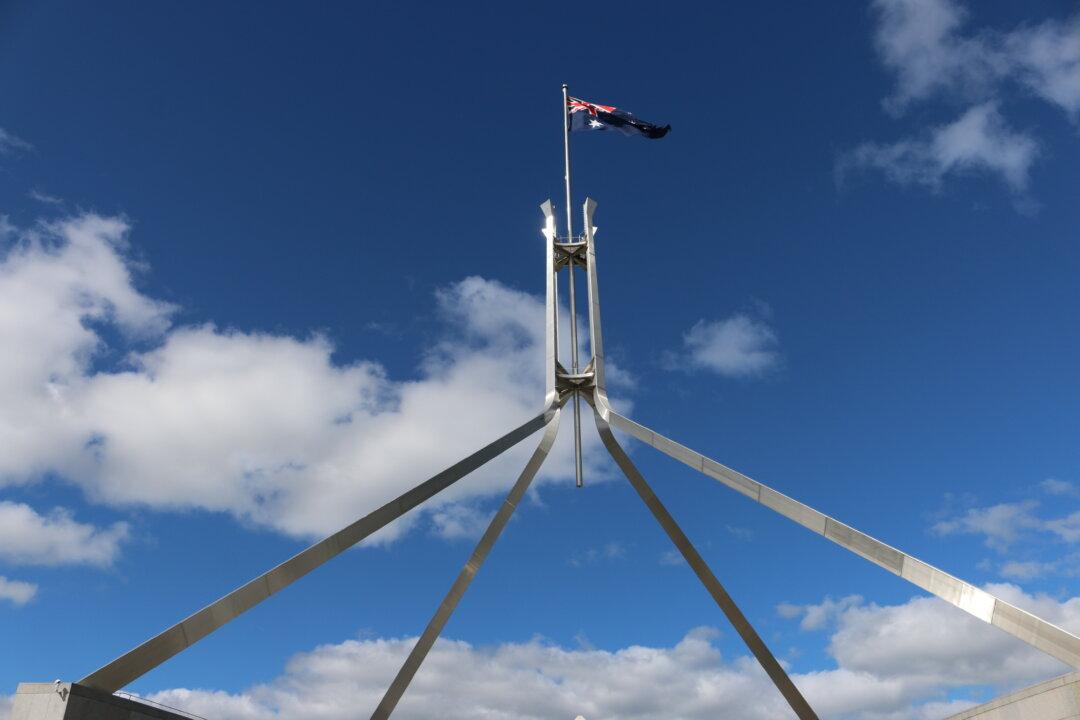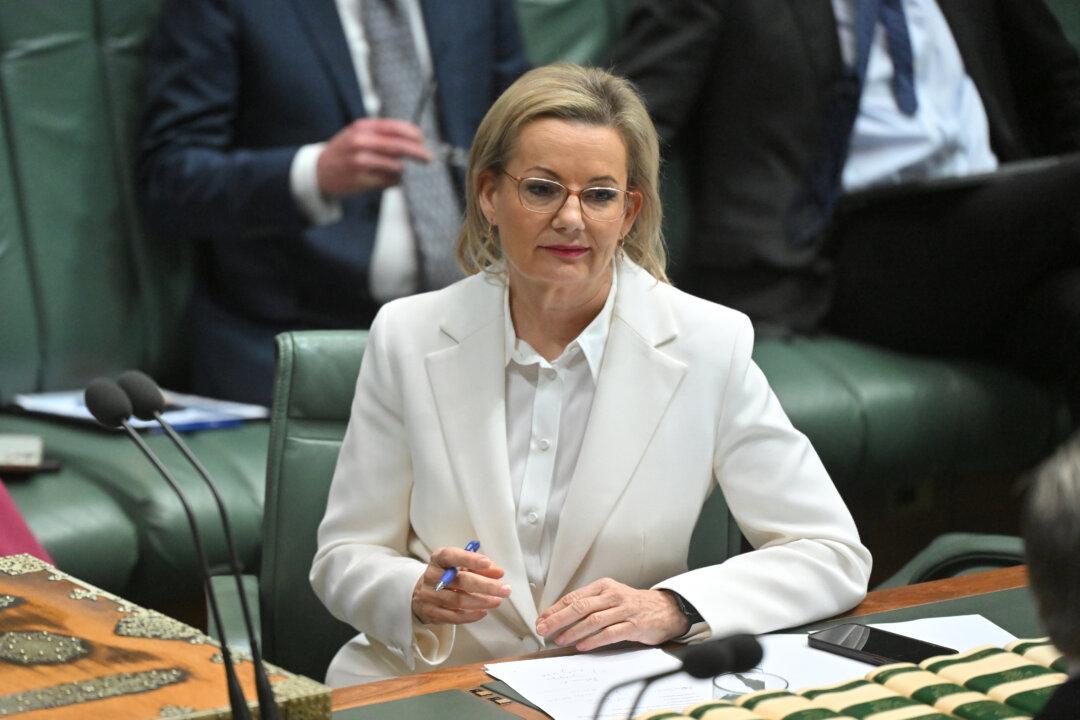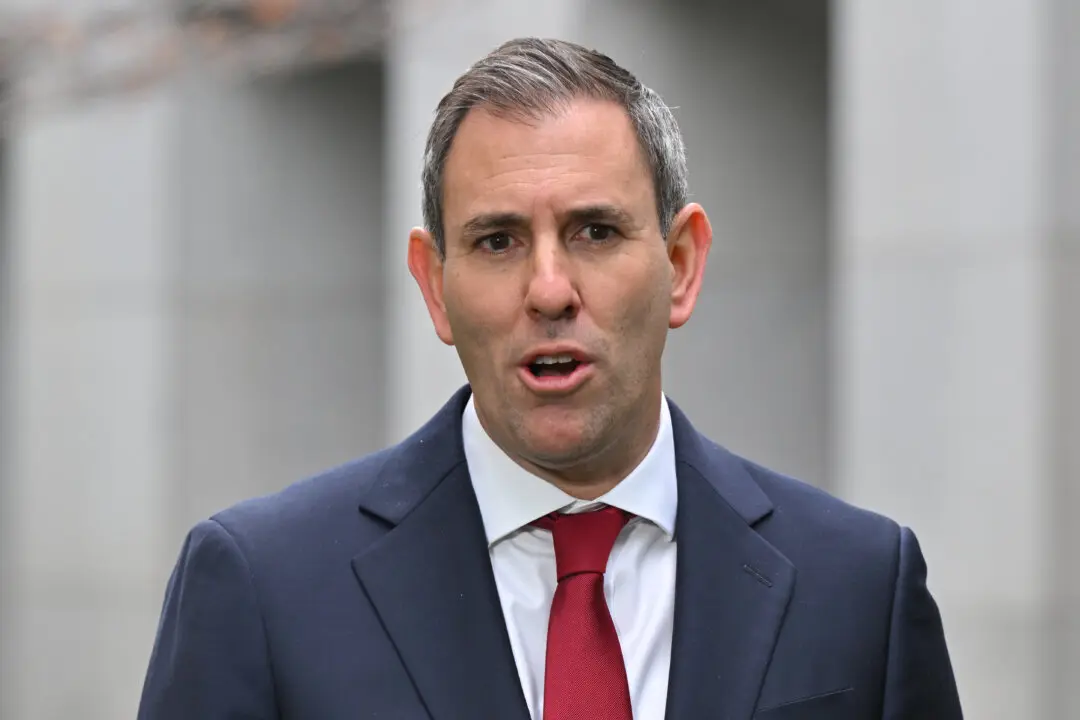Students could soon engage with election video games aimed at teaching them about democracy and civic responsibilities.
The Australian Electoral Commission (AEC) says it launched a trial of the program in July, with plans to release it nationwide by 2025, before the next federal election.





